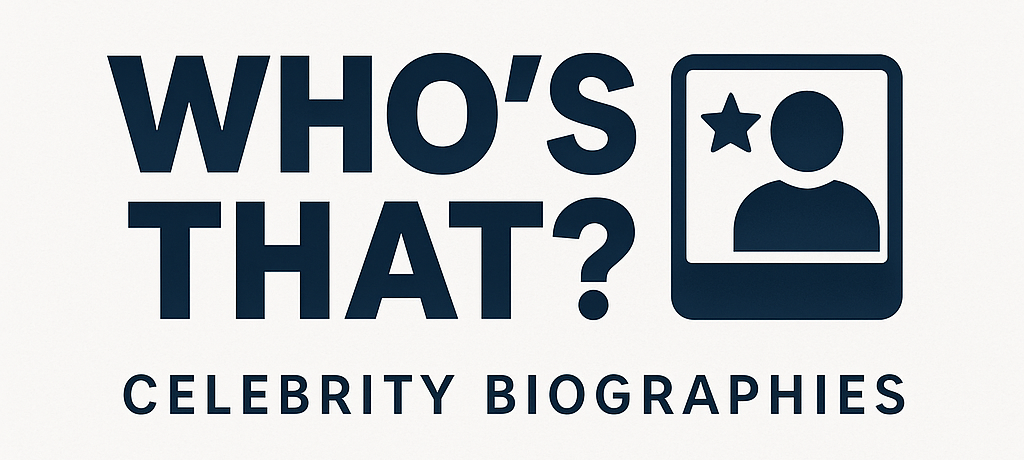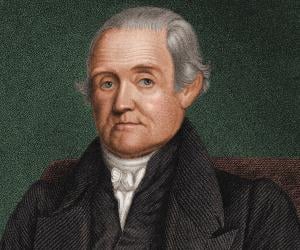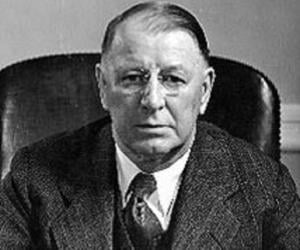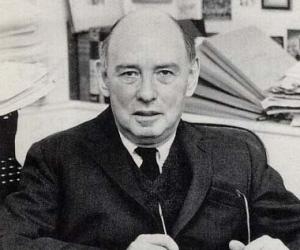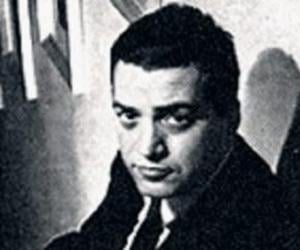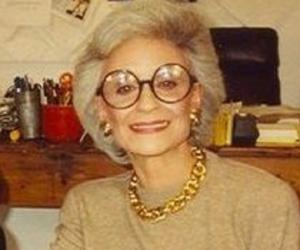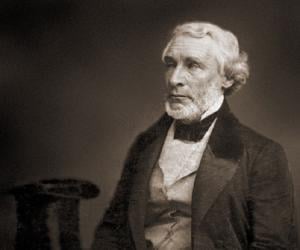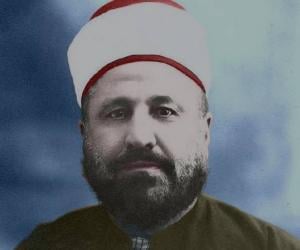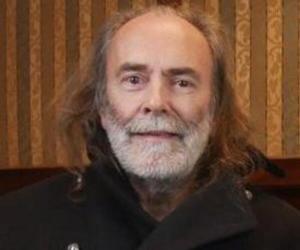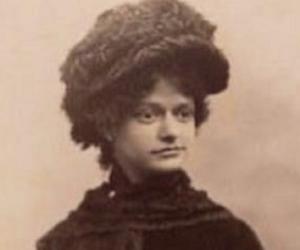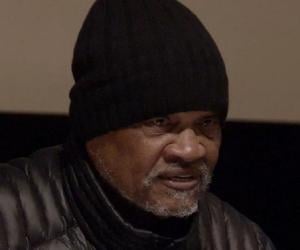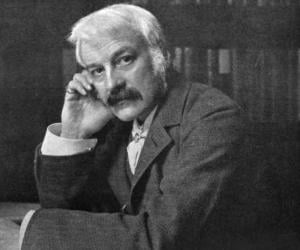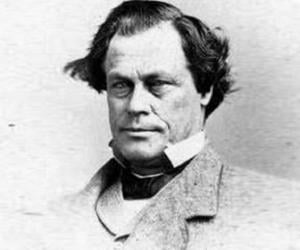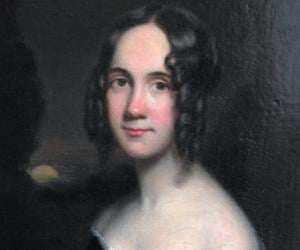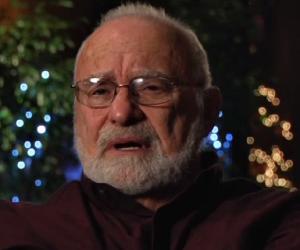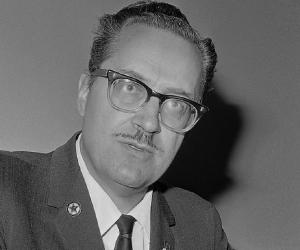Noah Webster became one of the most distinguished lexicographers in the United States of America after he published ‘The American Speller’, which also came to be known as ‘The Blue-Backed Speller’. He was extremely obsessive about words, grammar and punctuation, which he put together in, perhaps, the most popular spelling books and dictionaries ever created at the time. Webster revealed very early on the requirement for American-English manuals, which lacked during his time. Thus, he went on to pen some of the most prominent spelling and grammar books which are even used in modern times, one of which is ‘An American Dictionary of the English Language’. He was, for half a century, among the most powerful and the most dynamic literary menfolk in the United States. Apart from being a lexicographer, he was also a well-known teacher, political writer, editor and author and was fondly known as the ‘Father of American Scholarship and Education’. Notwithstanding great milestones in the field of education, he also battled for patent laws, a sturdy centralized government, common education and also supported the abolition of slavery. Amid fighting for these causes, he wrote several textbooks, revised fortnightlies and founded the Amherst College. At the time of his demise, he was already an American icon and hero.
Also Known As: Noah Webster Jr.
Died At Age: 84
Spouse/Ex-: Rebecca Greenleaf
father: Noah Webster Sr.
mother: Mercy Steele
siblings: Abraham, Charles, Jerusha, Mercy
children: Eliza Steele Greenleaf Webster, Emily Schotten Webster, Frances Julianna Webster, Harriet Webster, Henry Bradford Greenleaf Webster, Louisa Greenleaf Webster, Mary Webster, William Greenleaf Webster
Born Country: United States
Editors Linguists
political ideology: Federalist
Died on: May 28, 1843
place of death: New Haven, Connecticut, United States
U.S. State: Connecticut
Founder/Co-Founder: American Minerva
education: Yale University (1778), MA, Yale University (1781),
Noah Webster not only wrote dictionaries, but he also published a spelling book that became widely used in American schools, helping to standardize American English.
In addition to his work with language, Webster was also a strong advocate for copyright laws in the United States, recognizing the importance of protecting intellectual property.
Despite his reputation as a serious scholar, Noah Webster had a playful side and enjoyed creating word puzzles and games to challenge his friends and family.
Webster was a firm believer in the power of education and literacy, and he dedicated much of his life to promoting learning and knowledge among the American population.
Noah Webster was a prolific writer beyond his lexicographical work, producing numerous essays, articles, and textbooks on a wide range of subjects, showcasing his diverse intellectual interests.
